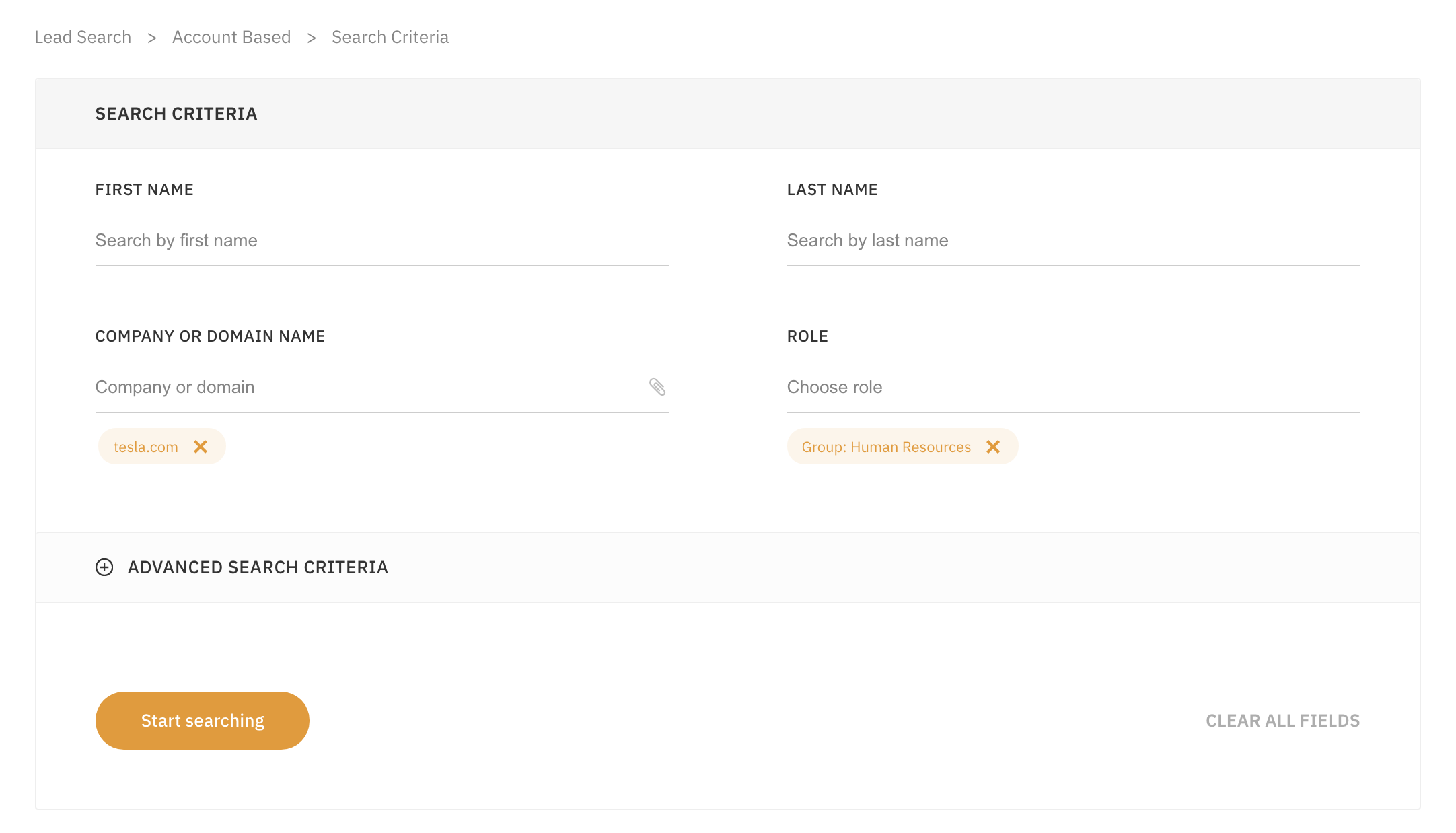Learning how to handle objections in sales calls is a crucial skill for any sales professional. Overcoming these challenges not only increases your chances of closing deals but also enhances your overall communication skills and confidence.
In this blog post, we’ll delve into the art of handling sales objections effectively. We will explore common objections you might encounter during prospecting or follow-up calls such as price, budget, competitor comparisons, and timing issues.
You’ll learn about the LAER method for objection handling – a proven strategy that can help you address your prospect’s concerns professionally and persuasively. Additionally, we’ll discuss how anticipating and preparing for potential objections can make all the difference in your sales process.
We will also highlight the importance of building trust with prospects through effective objection handling. Finally, setting up a solid follow-up plan after addressing objections and continuously improving your skills are essential aspects that we’ll cover extensively.
This comprehensive guide on how to handle objections in sales calls aims to equip you with practical tools and strategies to boost your success rate on both cold calling efforts and established customer interactions alike.
Table of Contents:
- Common Sales Objections and How to Overcome Them
- Anticipating and Preparing for Sales Objections
- Setting Follow-Up Plans After Handling Objections
- FAQs in Relation to How to Handle Objections in Sales Calls
- Conclusion
Common Sales Objections and How to Overcome Them
Let’s dive into the world of common sales objections.
We’ve all been there, right? A prospect throws a curveball in your direction during a call, causing you to stumble over your words as you scramble for an answer.
Price Objections
The price tag is often where prospects hesitate. But fear not, my friend. You can handle this objection without compromising on what makes your product or service awesome.
Budget Objections
“We don’t have enough budget” – sound familiar? It’s another common hurdle we encounter. But worry not. You can demonstrate value while respecting their financial limitations.
Competitor Objections
Oh, the good ol’ competitor objection. Don’t let it faze you; make sure your prospect sees why you are the superior choice. Show your prospect why you’re the better choice and leave those competitors in the dust.
Anticipating and Preparing for Sales Objections
Preparation is key in any sales process. You can’t just wing it during a cold calling session or meeting with prospects. To handle objections effectively, you need to anticipate potential obstacles before they arise.
This involves thoroughly understanding your customer’s business needs and their decision-making authority.
Addressing Potential Obstacles
- Are there features that might not align perfectly with their operations?
- Could contract terms potentially create friction? If so, how will you address this objection?
- Might they feel overwhelmed by what you’re selling because of its complexity? Simplifying your sales pitch could help overcome these common objections.
Anticipating and preparing for sales objections means stepping into your customers’ shoes.
Setting Follow-Up Plans After Handling Objections
The art of overcoming objections doesn’t end when you’ve addressed your prospect’s concerns. No, it extends beyond that moment and into the planning phase for a follow-up call or meeting.
Why is this so crucial?
Setting up a structured plan after handling sales objections can significantly increase your chances of closing deals.
Avoid Interrupting The Sales Cycle Flow
An effective follow-up plan ensures continuity in the buying process. It keeps things moving forward smoothly without interrupting the flow of the sales cycle.
Schedule A Concrete Next Step
- Actionable Steps: Always schedule an actionable next step with clear objectives to maintain momentum and engagement with prospects.
Maintain Open Communication Channels With Prospects
- Keep lines open: Regularly communicate updates about products/services they showed interest in during initial calls. This builds trust while keeping them engaged throughout their decision-making journey.
- Prompt Responses: Respond promptly to any new queries or concerns from prospects post objection-handling stage. Quick responses demonstrate commitment towards addressing their needs effectively.
Remember, following up isn’t just about checking boxes; it’s about fostering relationships and guiding customers through their purchasing decisions confidently.
FAQs in Relation to How to Handle Objections in Sales Calls
How to Handle Sales Objections Like a Pro
When faced with sales objections, listen attentively, empathize with the prospect’s concerns, ask clarifying questions, and provide a solution that addresses their objection. The BANT Criteria can also be helpful.
The 4 P’s of Objection Handling
Probe, Paraphrase, Provide Information, and Proof – these steps will help you understand and address your prospect’s concerns effectively.
4 Steps to Overcoming Sales Objections
Listen carefully, understand and clarify, respond appropriately, and confirm resolution – these are the keys to overcoming sales objections.
Conclusion
Handling objections in sales calls is crucial for sales professionals to close deals and improve their performance.
Understanding and addressing common sales objections, such as price, budget, competitor, and timing objections, can help sales reps overcome obstacles and make successful sales pitches.
By enhancing objection-handling abilities through strategies like the LAER method, sales professionals can improve their communication skills, boost confidence, and increase their chances of making successful sales.
It’s important to anticipate and address a prospect’s objections by asking clarifying questions and addressing their concerns, without interrupting or overselling.
Remember, satisfied customers and a strong sales pitch are selling points that can help overcome objections and influence a prospect’s decision-making authority.
Understanding contract terms and the prospect’s business can also help sales professionals address objections effectively and close deals.
So, don’t let objections discourage you during sales calls, instead, use them as opportunities to showcase your expertise and address the prospect’s concerns.
Need Help Automating Your Sales Prospecting Process?
LeadFuze gives you all the data you need to find ideal leads, including full contact information.
Go through a variety of filters to zero in on the leads you want to reach. This is crazy specific, but you could find all the people that match the following:
- A company in the Financial Services or Banking industry
- Who have more than 10 employees
- That spend money on Adwords
- Who use Hubspot
- Who currently have job openings for marketing help
- With the role of HR Manager
- That has only been in this role for less than 1 year
Or Find Specific Accounts or Leads
LeadFuze allows you to find contact information for specific individuals or even find contact information for all employees at a company. 
You can even upload an entire list of companies and find everyone within specific departments at those companies. Check out LeadFuze to see how you can automate your lead generation.
Want to help contribute to future articles? Have data-backed and tactical advice to share? I’d love to hear from you!
We have over 60,000 monthly readers that would love to see it! Contact us and let's discuss your ideas!

